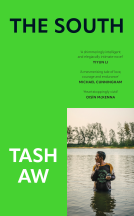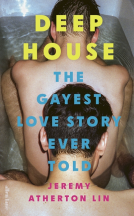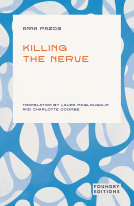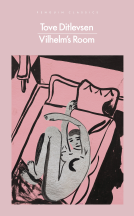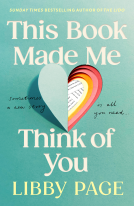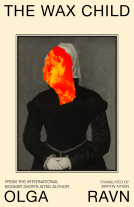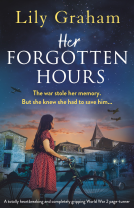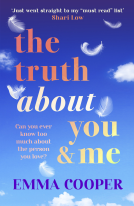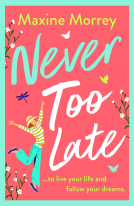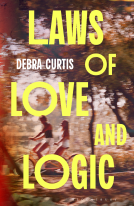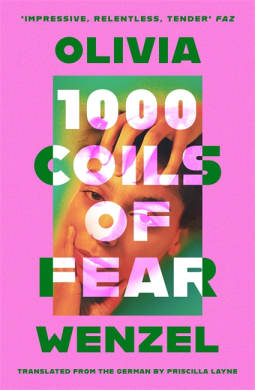
1000 Coils of Fear
by Olivia Wenzel
This title was previously available on NetGalley and is now archived.
Send NetGalley books directly to your Kindle or Kindle app
1
To read on a Kindle or Kindle app, please add kindle@netgalley.com as an approved email address to receive files in your Amazon account. Click here for step-by-step instructions.
2
Also find your Kindle email address within your Amazon account, and enter it here.
Pub Date 10 Nov 2022 | Archive Date 10 Nov 2022
Little, Brown Book Group UK | Dialogue Books
Talking about this book? Use #1000CoilsofFear #NetGalley. More hashtag tips!
Description
'I have more privilege than any person in my family. And I'm still screwed.'
A young woman attends a play about the Berlin Wall coming down, and is the only Black person in the audience.
She is sitting with her boyfriend by a bathing lake, and four neo-Nazis show up.
She is having sex with a stranger in New York, and Donald Trump wins the US presidential election.
Engaging in a witty question and answer with herself, she takes stock of our rapidly changing times, sometimes angry, sometimes amused, sometimes afraid, and always passionate. And she tells the story of her family: Her mother, a punk in former East Germany who never had the freedom she dreamed of. Her Angolan father, who returned to his home country before she was born to start a second family. Her grandmother, whose life of obedience to party principles brought her prosperity and security but not happiness. And her twin brother, who took his own life at the age of nineteen.
Heart-rending, opinionated, and wry, Olivia Wenzel's remarkable debut novel is a clear-sighted investigation into origins and belonging, the roles society wants to force us into and why we need to resist them, and the freedoms and fears that being the odd one out brings.
'So exuberant, inventive, brainy, sensitive and hilarious that it's like a pyrotechnic flare illuminating the whole woman, past and present, radiant, unique, a voice and a novel to take with us into the future.'
FRANCISCO GOLDMAN, author of Monkey Boy
'Bold and exceptional . . . Her impressive writing, born of a brilliant mind, surprises - stylistically, and by its frankness and associations . . . I rode in the passenger seat, beside the beauty and strangeness of 1000 Coils of Fear.'
LYNNE TILLMAN, author of Men and Apparitions and Mothercare
'An audacious and disturbing novel.'
MICHELLE DE KRETSER, author of Scary Monsters
'An exciting, confident debut.' Publishers Weekly
'Impressive, relentless, tender.' Faz
Available Editions
| EDITION | Other Format |
| ISBN | 9780349702025 |
| PRICE | £16.99 (GBP) |
| PAGES | 288 |
